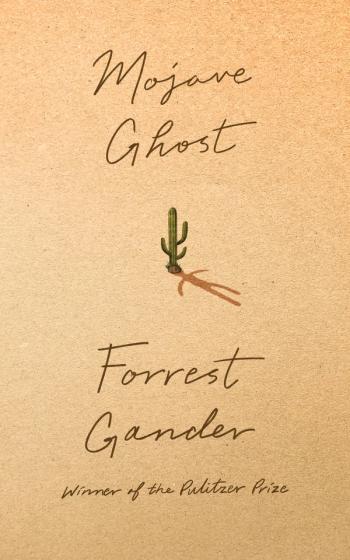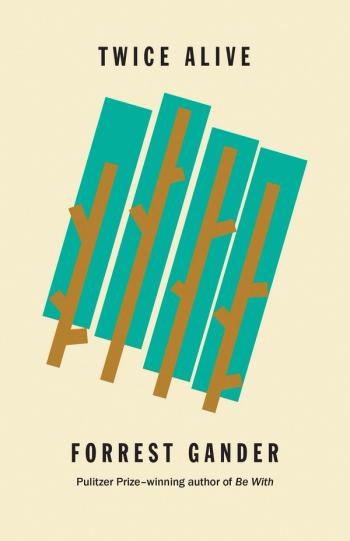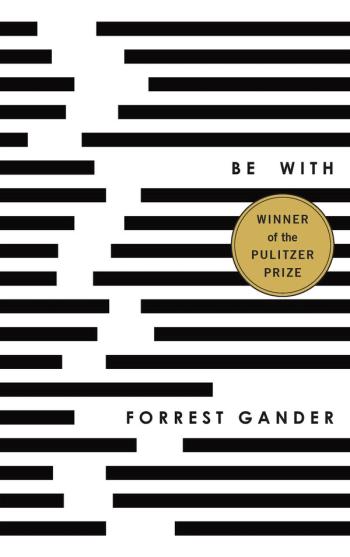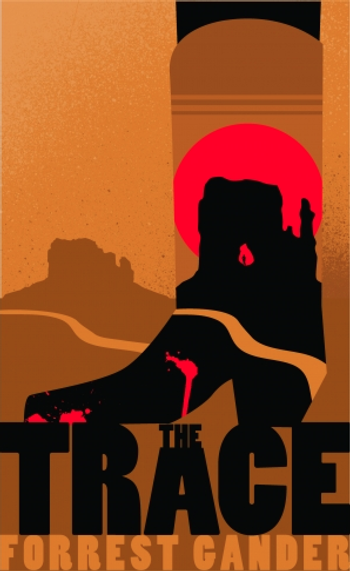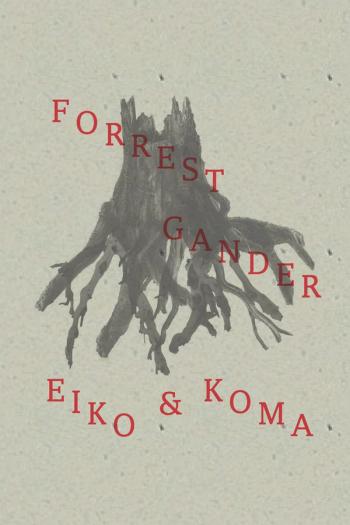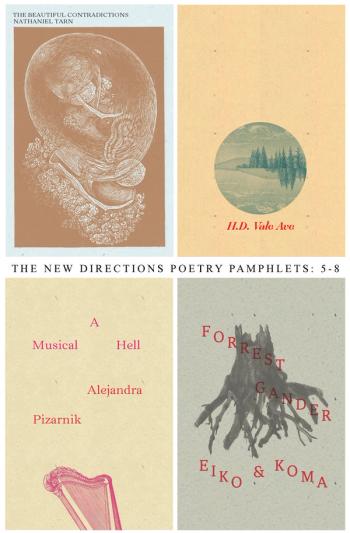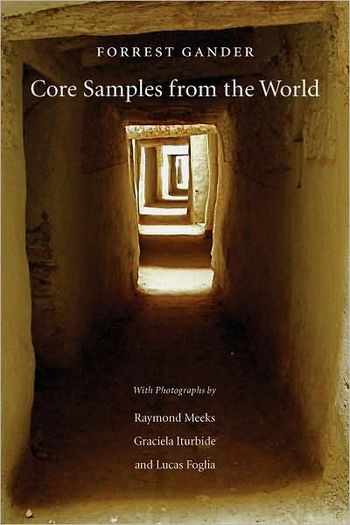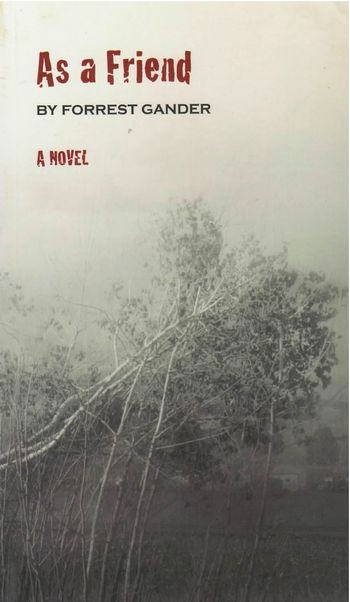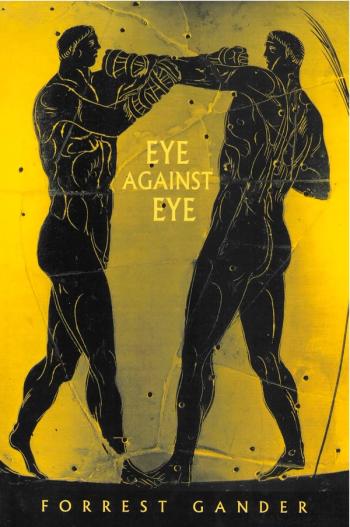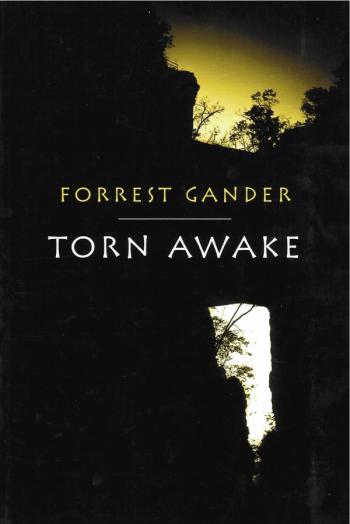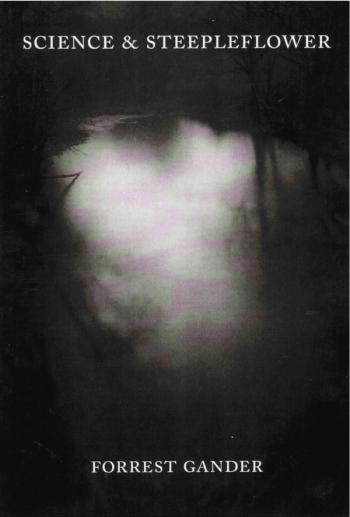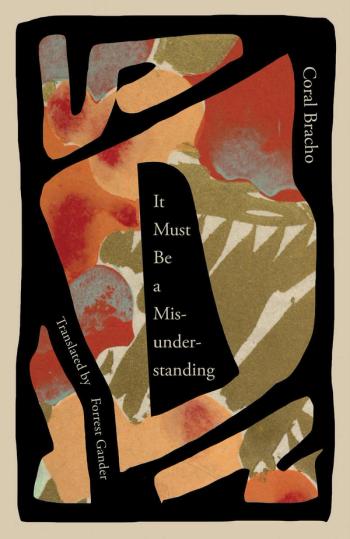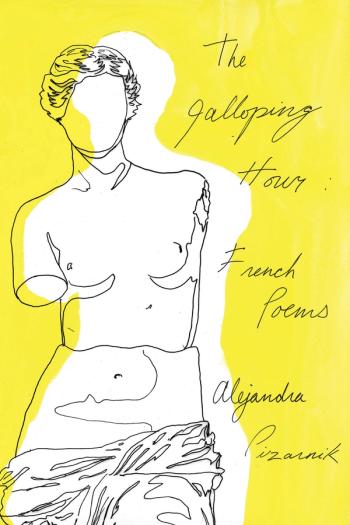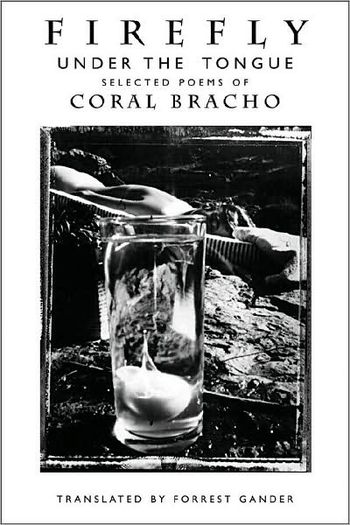As author
Mojave Ghost
Twice Alive
Be With
The Trace
Eiko & Koma
Poetry Pamphlets 5-8
Core Samples from the World
As a Friend
Eye Against Eye
Torn Awake
Science And Steepleflower
As editor
As translator
Forrest Gander
Forrest Gander (1956– ) was born in the Mojave Desert and grew up, for the most part, in Virginia. Trenchant periods of his life were spent in San Francisco, Dolores Hidalgo (Mexico), and Eureka Springs, Arkansas. With degrees in both geology and English literature, Gander is the author of numerous books of poetry, translation, fiction, and essays. He’s the A.K. Seaver Professor of Literary Arts and Comparative Literature at Brown University. A U.S. Artists Rockefeller fellow, Gander has been recipient of grants from the NEA, the Guggenheim, Howard, Witter Bynner and Whiting foundations. His 2011 collection Core Samples from the World was an NBCC and Pulitzer Prize finalist for poetry, and his 2018 collection Be With won the Pulitzer Prize for poetry and was longlisted for the National Book Award.

